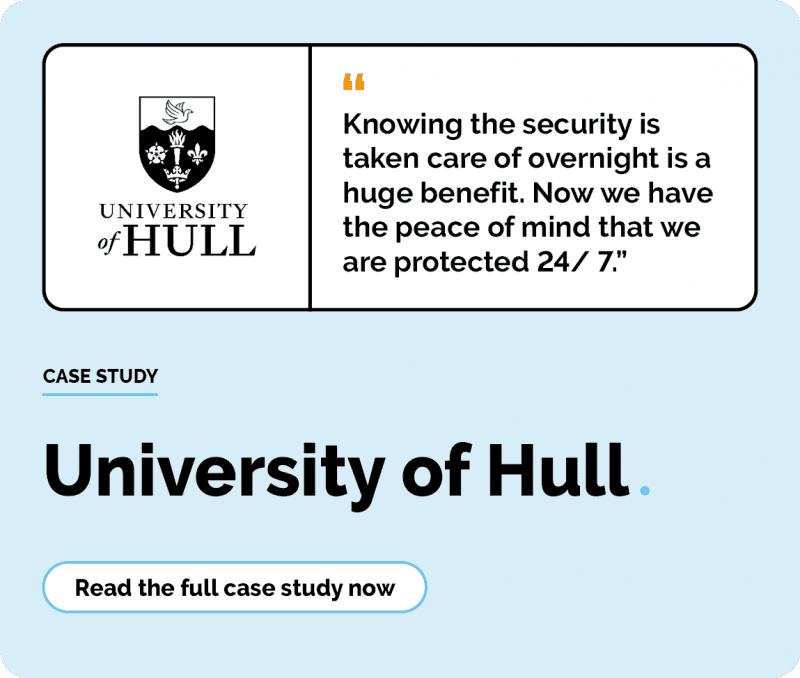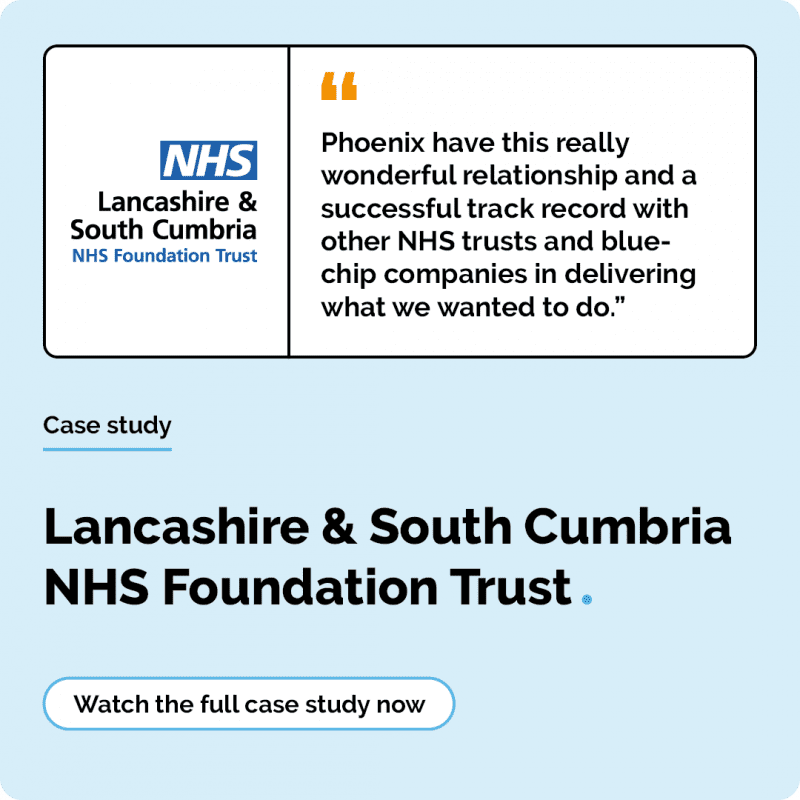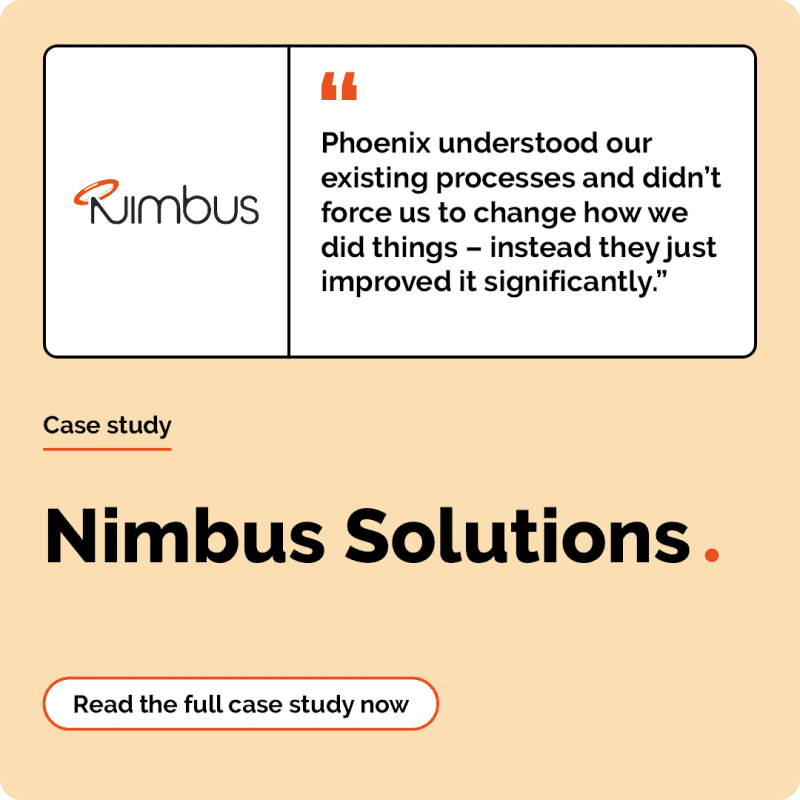CSP vs EA: which one is right for your organisation?
4 minute read
Becky Brown
June 12th, 2025
Microsoft offers various agreement models and purchasing routes for procuring licensing subscriptions, and it can be difficult to determine which is the best route for your organisation.
Read more to explore and compare the following purchasing routes:
- Microsoft Enterprise Agreement (EA)
- Microsoft Cloud Solution Provider (CSP)
Microsoft EA
A Microsoft Enterprise Subscription Agreement is categorised as a volume licensing agreement. This is a traditional purchasing route that has been adapted to accommodate for Online Services, on-premises solutions, and Azure.
This does not come with supporting services as standard, these will need to be purchased directly with Microsoft via a Unified Support agreement, or via a third party, such as Phoenix. Commercial and Not-for-Profit (NFP) organisations will be billed directly by Microsoft. This is classed as a direct agreement. Public sector organisations are required to enter into an indirect agreement, due to the frameworks that are in place. These organisations will be billed by the Microsoft partner, i.e. Phoenix Software. The standard agreement commitment is for 3 years with an annual billing cycle.
There are the following pre-requisites for an Enterprise Agreement:
- A pre-credit check (Direct only)
- Sector eligibility checks (Public sector self-certification required for CCS frameworks)
- Minimum purchase commitment
- Qualifying products
Microsoft CSP
CSP is Microsoft’s modern cloud programme to encourage users to move to the cloud. It is designed to facilitate online services, Azure, and on-premises software to run alongside partner services provided with the programme.
CSP is designed to be more flexible compared to traditional volume licensing agreements. Microsoft introduced NCE (New Commerce Experience) within CSP which introduced defined commitment and billing periods, however organisations still have the choice to commit and be billed on a triennial, annual or monthly basis (subject to availability).
This is partner led so you will be billed by Phoenix.
These are the following pre-requisites for an CSP Agreement:
- Sector eligibility checks
- Complete a reseller relationship link
- Sign up to PSP (our self-serve, customer facing portal)
Which route is best for your organisation?
- Commercial organisations: CSP offers significant savings over an Enterprise Agreement up to 20% lower costs via NCE
- Public sector organisations: enterprise offers public sector offers and discounts; there are no such offers in CSP
- Small and medium NFP end users (under 250 users): CSP NCE offers NFP price levels and donations of Business Basic, Premium, and Power Apps
- Large NFP end users (over 250 users): Enterprise offers up to 75% discounts on products and provides grants of Office 365 E1 and Power Apps alongside a volunteer use benefit of FOC Microsoft 365 F3 in ratio with your committed qualifying licensing
- Small education end users (under 100): CSP NCE offers Academic Price Levels along with Faculty and student SKUs along with student use benefits
- Large education end users (over 1000): an Education Enterprise agreement (EES) provides EDU offers that are not comparable in CSP
*Please note that if you fall under NHS, central or local government, defence, or housing, this is categorised as public sector under Microsoft’s Terms, and you will only be able to benefit from public sector offers under an Enterprise Agreement.
Determining which agreement depends on your organisations sector eligibility, size, and specific needs. CSP stands out for Commercial and SMB end users that want to benefit from greater flexibility, support, and a more cost-effective solution.
As the UK’s top Microsoft partner, we’re in an exclusive position to help your organisation with your Microsoft licensing. Get in touch today for support.
Get in touch




